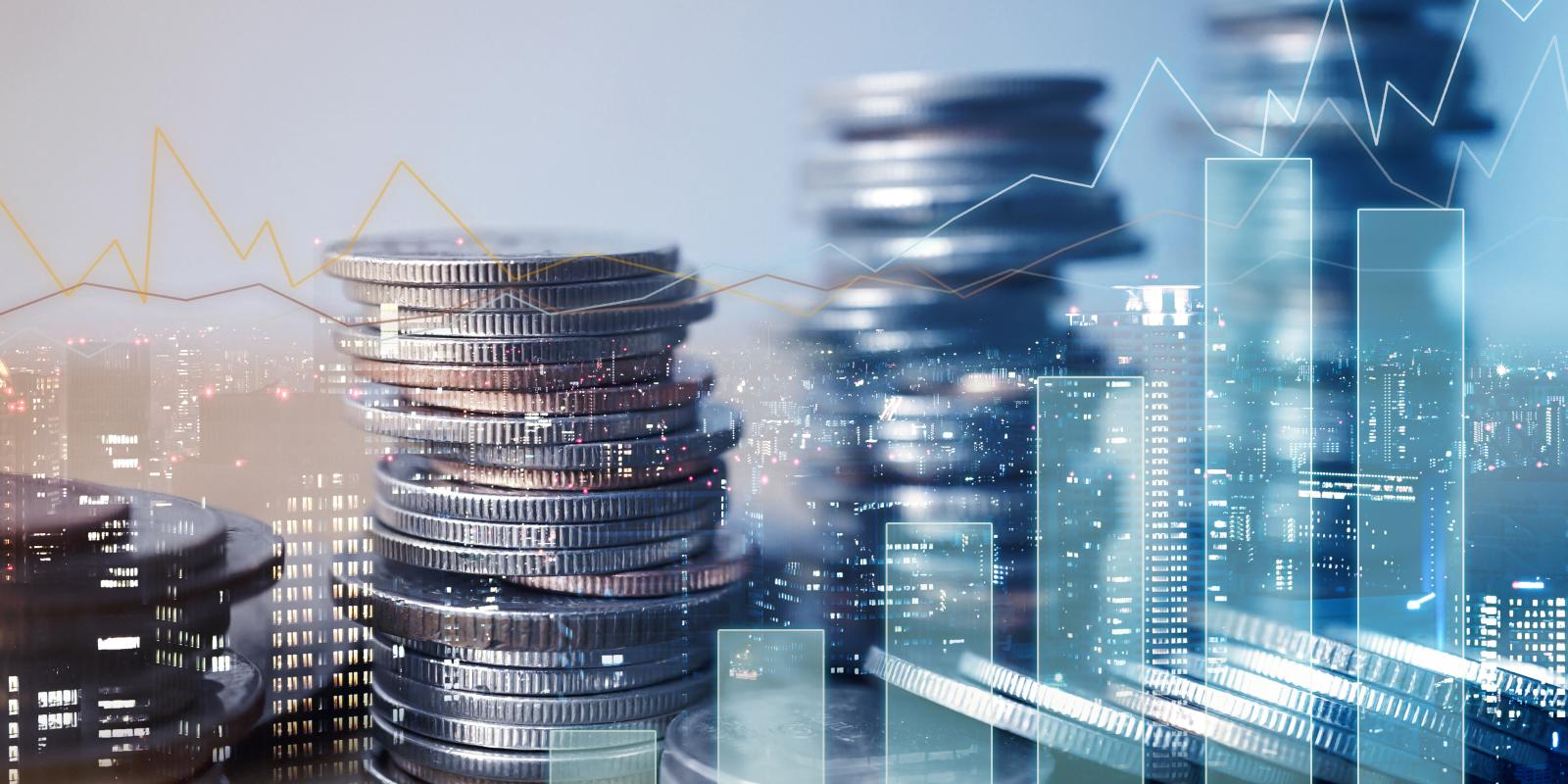
Faculty Reflect on Economic Setbacks of COVID-19
Various sectors of society are feeling the effects of the global COVID-19 (coronavirus) pandemic, most noticeably education and health, but world economies might be taking the hardest hit.
“The greatest economic repercussions due to the coronavirus pandemic are the interruption and sudden freeze of economic activities without a definite horizon for returning back to normal,” said Ahmed El Safty, associate professor of practice in the Department of Economics. “The uncertainty resulting from this sudden stop is causing lots of...panic in the international markets and is reflected in the continuous large losses in financial markets worldwide.”
And the impact is far more than just global. National economies are taking blows from the “sudden freeze” that El Safty mentioned, referring to different domestic policies implemented to slow down the spread of the virus: curfews, restaurant closures, school and university suspensions, limited working hours, halts on international and domestic travel and more.
“In Egypt, the tourism sector is the most negatively affected,” said Tarek Selim, professor of economics and global expert council at the World Economic Forum in Switzerland. Selim added that even though the economic plan introduced by Egypt's President Abdel Fattah El-Sisi earlier this week will partially heal negative impacts, it will only work if the pandemic lasts for a couple more weeks or months. The longer it goes on, the more severely impacted industries will be.
“Other sectors such as transport, retail, cafes, cinemas, restaurants and labor-based assembly businesses as well will be gravely affected much more than what they already have accrued," noted Selim.
Some of Egypt's other businesses, however, will find this as a time to grow and innovate their existing technologies, Selim said.
"IT and digital business and capital-intensive industries (which require less people on board) can actually gain from this," Selim said. "This also includes the IT and advertising markets, online application demands for education, and online workflow digital systems." However, he emphasized that any sort of gain will only last for the short term.
Matters beyond Egypt’s borders also play a large role, as the slowdown of international trade, the reversing of foreign portfolio investment and the drop in oil prices and economic activities in the Gulf are all posing setbacks for Egypt, according to El Safty.
The Egyptian government laid out a EGP 100 billion plan to combat the economic impact of COVID-19. What does that plan look like?
Selim listed a number of provisions, including a stimulus package for tourism and travel companies, tax payment extensions, loan interest reductions and a stock market stimulus package, among others.
“These measures are good and are being seen as logical from an economic standpoint,” he said. “Will they completely remove all negative consequences of the coronavirus on the economy? Not likely. Yet, this is still okay, since it is not the role of government to mother-feed the economy and neutralize all risks completely.”
El Safty said that many of the measures are meant to help private enterprises “remain solvent for the near future.” However, he added, “a long lasting solution will only be feasible when the coronavirus emergency ends and economic activities return back to normal.”
And these effects are mirrored throughout the world, albeit the impact in each country relies heavily on the dominant industry type.
“Countries that rely less on services and tourism are expected to have an impact that is less severe,” Selim said. “Egypt's people-centric service industries constitute a large chunk of Egypt's GDP, since services include hotels and tourism, transport, entertainment and others.”
It may seem like the state of the economy is out of individual citizens' control, but El Safty said that people can actually play a large part in helping get things back to normal.
"Individuals can combat the economic setbacks by basically following the advice of working from home, social distancing and self quarantine if needed," he said. "The stricter they follow these rules, the sooner we can return back to normal."
And as for the situation to settle down and economic activity to start up again until it gets back to normal, both Selim and El Safty said it's difficult — almost impossible — to tell. But our best bet for speeding up the process for now is staying home, staying safe and flattening the curve.
